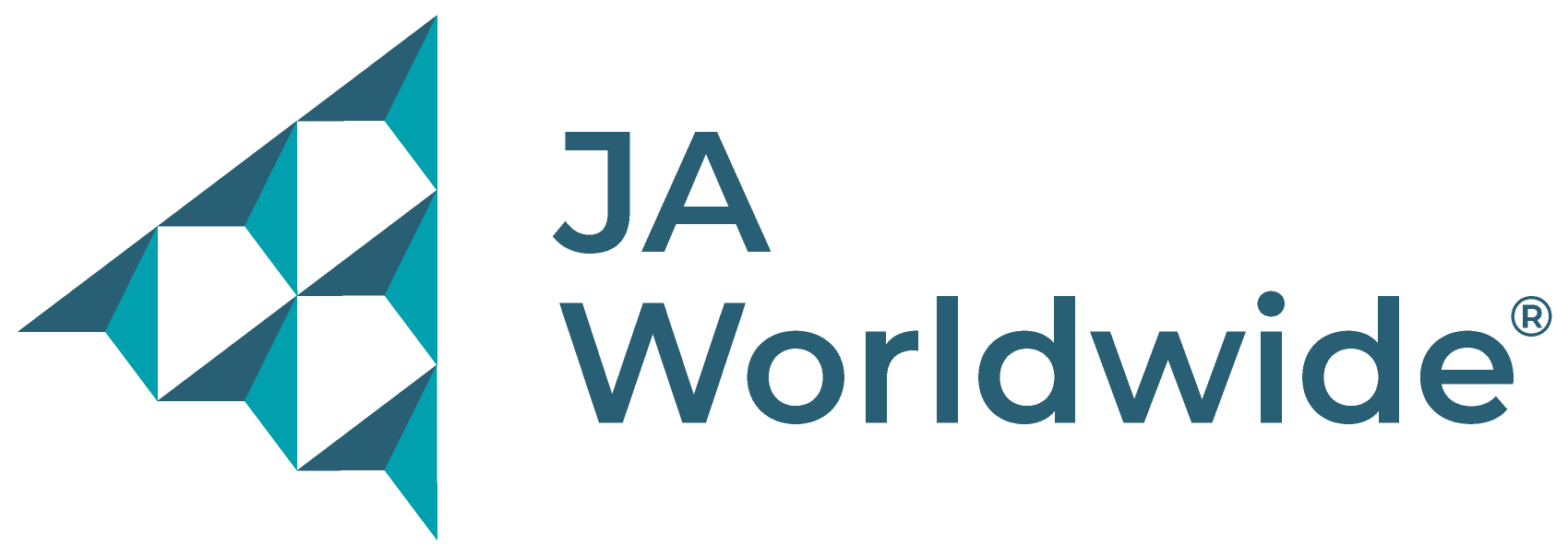Earlier this year, JA Worldwide and SABIC announced the Lights of Our Future partnership, a signature global initiative that aims to reach 11,000 students in 22 countries around the world. Matching SABIC employee volunteers with JA local offices, the program is helping students develop critical thinking, consider the global landscape, and improve their communities in four key areas—environmental protection, science and technology education, water and sustainable agriculture, and health and wellness—all of which are mapped to the UN Global Goals for Sustainable Development.
With offices in more than 45 countries and 40,000 employees, SABIC works in electrical elements, electronics, food and agriculture, clean energy, transportation, packaging, building and constructions, and healthcare. SABIC manages a wide range of initiatives, from making cars and planes more fuel-efficient to conserving the world’s water supply. SABIC “finds solutions to the challenges of today to help [its] customers achieve their ambitions and build a better tomorrow.”
Hands-on learning and volunteer engagement has been the hallmark of JA for 100 years. With funding from SABIC, and time volunteered by its employee ambassadors, JA students around the world participate in hands-on learning with knowledgeable mentors who provide guidance and encouragement as students define and implement projects to address community needs. Prior to the formation of the global partnership, SABIC worked on a local level directly with JA staff. In 2014, SABIC approached JA Singapore looking for ways to work with the organization. What resulted was a course on sustainability targeted to fifth-grade children. The program encompassed six hour-long lessons to be shared with students in the classroom over one to three days.
Various employee groups at SABIC developed sustainability-related lessons according to their professional expertise. Based on the age of the students, special consideration was given to ensure that lessons didn’t turn into lectures. The hands-on nature of the program involved group discussions, videos, and engaging activities such as puzzles and games.
SABIC employee volunteers led engaging discussions about sustainable living with fifth-grade students at three schools in Singapore. Lessons explained the concept of sustainability, that water is a limited resource, how to save energy, the effects of greenhouse gases, how to manage waste, and how sustainable living can be achieved.
